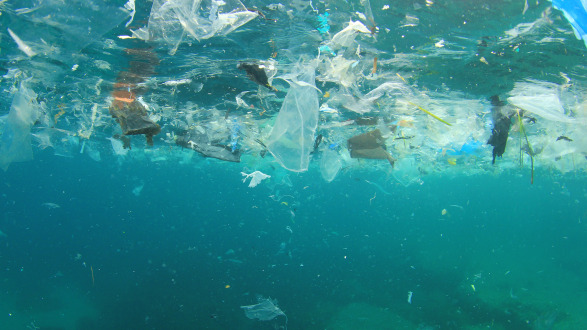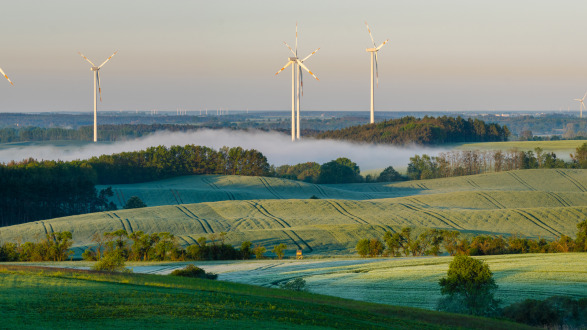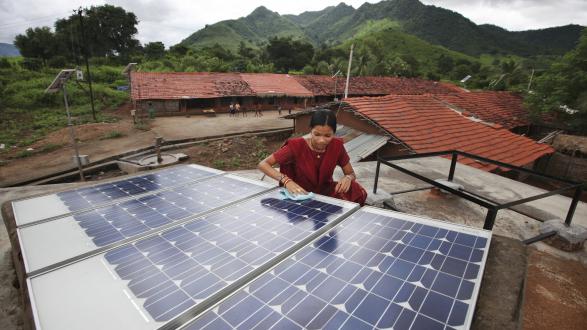RIFS conducts research with the goal of understanding, advancing, and guiding processes of societal change towards sustainable development.
In brief
New Newsletter
The latest edition of the RIFS Newsletter is online. Check it out.
Healthier Towns and Cities
Urban mobility is harmful to the environment and health. The Net4Cities project managed by RIFS is developing new methods for measuring air quality. Report on deutschland.de
Recognition for RIFS Blog
The RIFS Blog has been selected by the social feed reader FeedSpot as one of the Top 15 Germany Sustainability Blogs on the web.

















